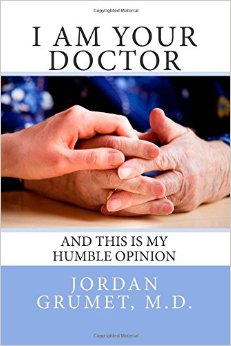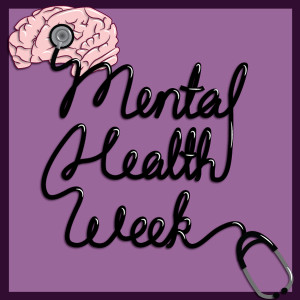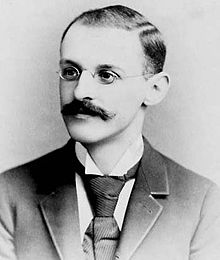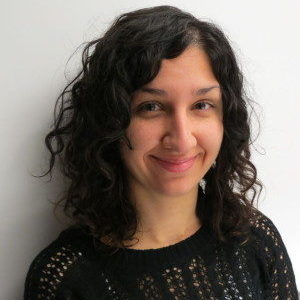Book Review: I Am Your Doctor, and This Is My Humble Opinion
History and the greater emergence of medical presence in popular media have placed physicians on a pedestal where they command significant power and respect. As healers and scholars who are privy to the secrets of the human body, physicians are often expected to shoulder great responsibilities for their fellow human being while still maintaining their own mental well-being.





